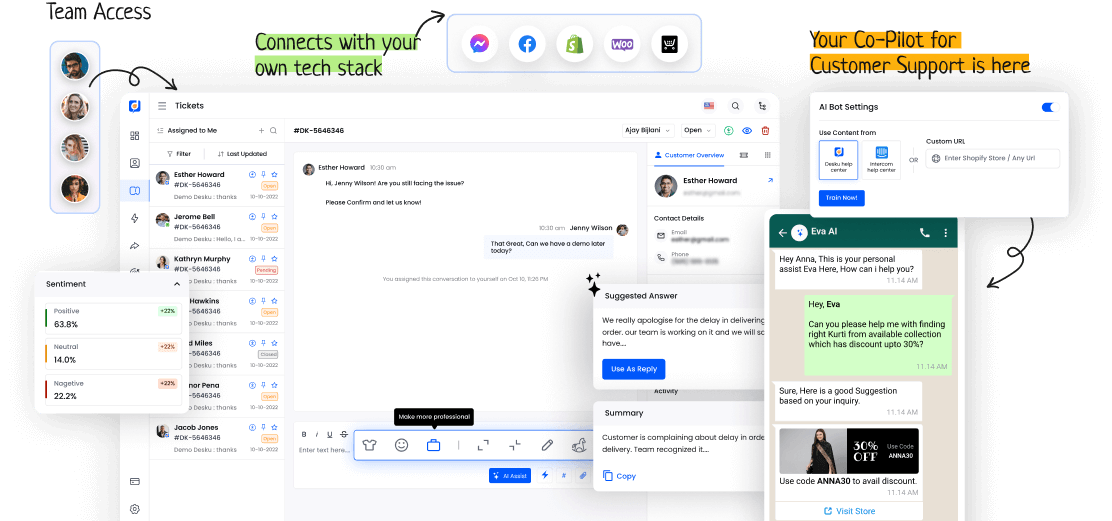Call masking is a key practice in telecoms. It shields against privacy breaches and security risks in phone talks. By hiding real phone numbers with fake ones, this method provides a protection layer. It helps people keep their privacy.
But, call masking is not just about anonymity. It deals with security, convenience, and ethics. Knowing the details of call masking is crucial. It helps navigate the changing field of communication technologies. It also helps understand their impact on personal and work talks.
I. Understanding Call Masking
Call masking is key in the telecom field. It helps keep phone chats private and secure.
To do it, use fake numbers instead of real ones. This way, people can call without showing personal info.
This tech is crucial for companies and folks who want to protect themselves. It helps avoid unneeded calls and possible security risks.
II. Importance and Uses of Call Masking
Call masking protects phone conversation privacy. It uses substitute numbers to hide personal details. It keeps customer data safe, boosts communication security, and offers anonymity.
We see its use in customer service, telemarketing, and personal calls. Its benefits are greater trust, fewer spam calls, and better call quality.
III. Pros and Cons of Call Masking
Call masking has pros and cons in terms of communication security and privacy. It protects privacy by hiding the caller's real phone number. It changes Caller ID information. This feature boosts privacy in sensitive or personal calls.
Yet, call masking can be used for harmful purposes. These include scam calls or fraud, harming phone communication's trust and security.





